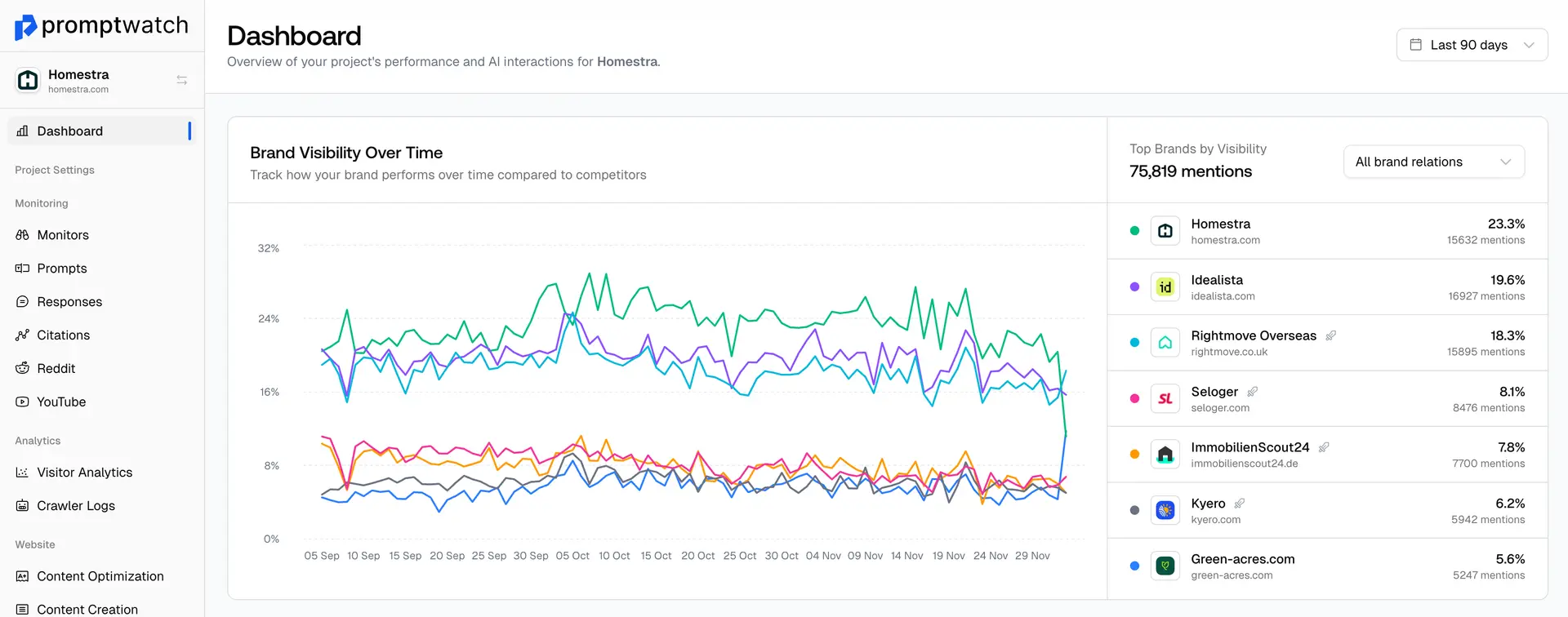Definition
Link Building is the strategic practice of acquiring high-quality backlinks from other websites to improve domain authority, search rankings, and overall online credibility. It's one of the most important aspects of off-page SEO, as search engines use backlinks as votes of confidence and authority signals when determining how to rank websites in search results.
Effective link building focuses on earning links from relevant, authoritative websites through valuable content, relationship building, and providing genuine value to other sites' audiences. Modern link building has evolved from quantity-focused tactics to quality-focused strategies that emphasize relevance, authority, and natural link acquisition.
Key link building strategies include creating linkable assets (comprehensive guides, original research, useful tools), guest posting on relevant industry websites, building relationships with industry influencers and journalists, earning mentions through digital PR and thought leadership, creating valuable resources that naturally attract links, and participating in industry communities and discussions.
In the AI era, link building has additional importance because backlinks help establish the authority signals that AI systems consider when evaluating sources for citation. Websites with strong link profiles are more likely to be viewed as credible sources by AI systems, potentially increasing their chances of being referenced in AI-generated responses.
Successful link building requires a long-term approach focused on building genuine relationships, creating valuable content, and earning links through merit rather than manipulation. The goal is to build a diverse, natural link profile that signals expertise and authority to both search engines and AI systems.
Examples of Link Building
- A software company earning backlinks by creating comprehensive industry reports that other publications cite and reference
- A consulting firm building links through guest posting on industry blogs and contributing expert insights to relevant publications
- An e-commerce brand earning links by creating useful tools and resources that other websites want to recommend to their audiences
- A local business building links through community involvement, local partnerships, and earning mentions in local media and directories
